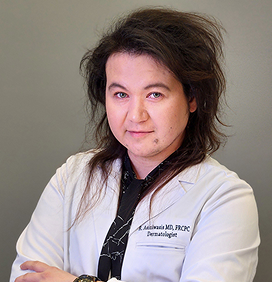Scleroderma is a rare autoimmune disease characterized by the abnormal growth of connective tissue, thus affecting various organs including the skin. In the skin, fibrosis and collagen deposition result in tightness and reduced flexibility. While the exact cause of scleroderma remains unclear, a combination of genetic, environmental, and immune factors is involved. Current treatment options solely focus on symptom management using moisturizers, immunosuppressants and physical therapy.
We will leverage the complementary expertise from three clinical and basic scientists and two patients advocates to build a lasting multi-centre team. We will conduct foundational preliminary work to develop and validate models and approaches for multi-centre collaboration with the long-term goal to develop a novel treatment option for scleroderma.
We have the following goals:
- Develop methods and standard operating procedures (SOPs) for human 3D scleroderma models.
- Develop methods and protocols for gene silencing of mesothelin-1 in fibrotic fibroblasts.
- Develop and validate non-viral systems as delivery tools for RNA in scleroderma disease models.
The Patient advocates will be involved in the development and thinking process to provide insights from their perspective on topics like patient needs, acceptance, potential fears and challenges.






























